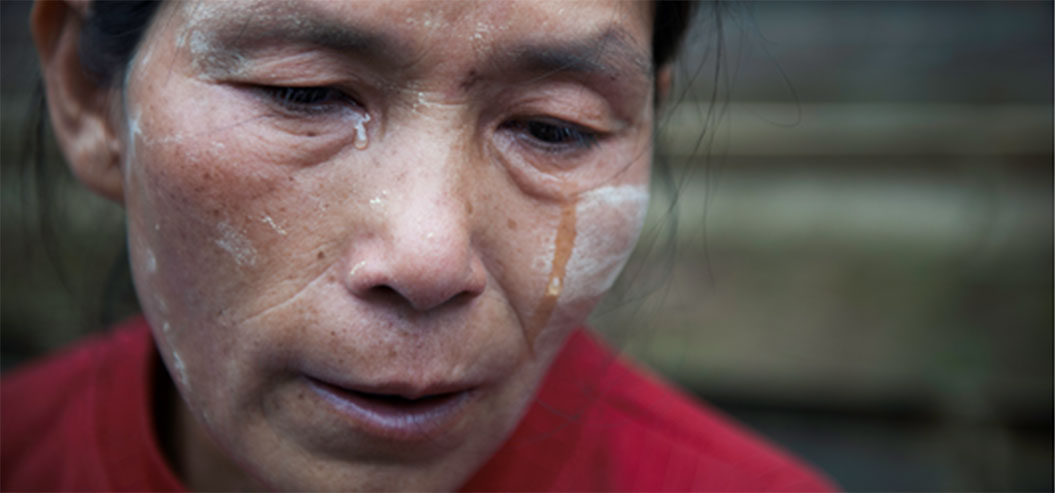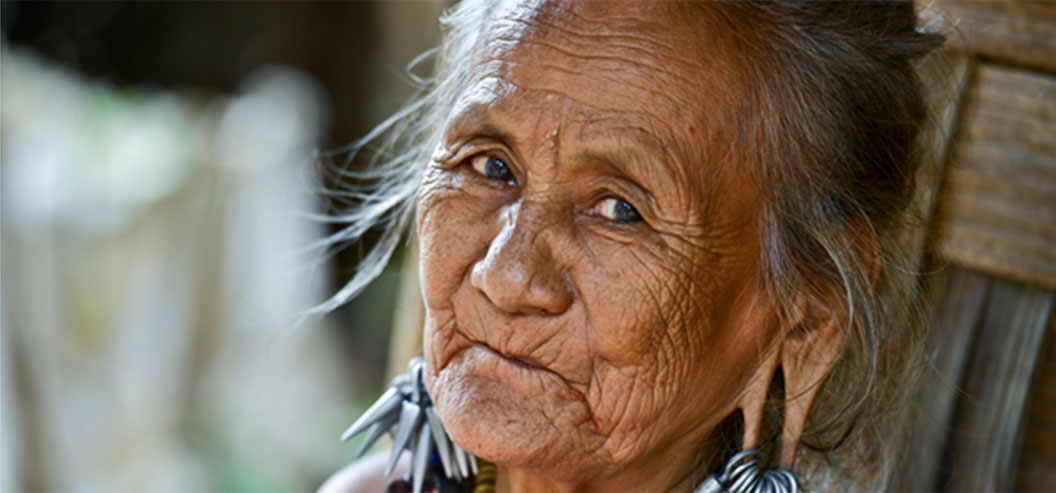
Who We Help
UNHCR's primary purpose is to safeguard the rights and well-being of refugees. To this end, we strive to ensure that everyone can exercise the right to seek asylum and find safe refuge in another country, and to return home voluntarily.
Around The World
By helping refugees go back home or to settle in another country, UNHCR seeks lasting solutions to their plight. UNHCR also has a mandate to prevent and reduce statelessness and protect stateless persons. In support of its core activities on behalf of refugees, UNHCR's Executive Committee and the UN General Assembly have authorized involvement with other groups. These include former refugees who have returned home and internally displaced people.
UNHCR seeks to reduce situations of forced displacement by encouraging states and other institutions to create conditions which are conducive to the protection of human rights and the peaceful resolution of disputes. In all of its activities, the refugee agency pays particular attention to the needs of children and seeks to promote the equal rights of women and girls.
Refugees |
- Refugees are our core constituents and we care for them in every corner of the globe. |
Returnees |
- Returnees are the ones who get to go back home - the best durable solution. |
Stateless People |
- Millions of stateless people are left in a legal limbo, with limited basic rights. |
Asylum-Seekers |
- Asylum-seekers need essential help and advice while applying for refugee status. |
In Thailand

Children
Without the support from adults, children’s psychological and social wellbeing are under threat. In the chaos of conflict and displacement, refugee children can find themselves lost, alone and vulnerable. Help is urgently needed to provide the vital humanitarian support and assistance they need. Here are some examples of UNHCR's projects:
- Birth Registration: UNHCR supports the Royal Thai Government to register all children who were born in camps to prevent statelessness and ensure access to basic rights.
- Protect children without parents: UNHCR monitors the well-being of children without parents in camps by, for example, conducting best interest assessments for vulnerable children, ensuring that unaccompanied or separated children have access to family tracing and reunification services, and engaging children through activities and education that build their skills and capacities.

Women
In many societies, women and girls face specific risks and are less likely than men and boys to have access to their rights, due to their gender roles and position in society. There are over 44,000 refugee women in Thailand in desperate need of immediate assistance and protection to help them get back on their feet and to take care of their family, often as the only remaining parent.
With the appropriate support, refugee women can improve their lives and the lives of their children, families and communities. Here are examples of our projects:
- UNHCR provides sanitary kits for women and girls, helping to prevent the spread of disease and illness in camps.
- UNHCR facilitates the “Stop Violence Against Women” program, empowering female refugees to protect themselves against physical and psychological violence.
- UNHCR helps deliver vocational and agricultural training, ensuring refugee women, especially single mothers, can provide food and security to their families.

Elderly people
Older people can be particularly vulnerable during conflict or natural disasters. Lack of mobility, weakened vision and chronic illnesses such as arthritis or rheumatism can make access to support difficult, and aid services often do not take these issues into consideration. Many of them suffer from traumatic personal experiences of war and loss. Once displaced, older people suffer great upheaval and often become both socially isolated and physically separated from their families, increasing their vulnerability.
- Resettlement: UNHCR’s resettlement programme enabled many elderly people to reunite with their family members.
- Agricultural projects pay special attention to the elderly to empower their capacity.

People with disabilities
People with disabilities are specifically vulnerable to physical, sexual and emotional abuse and may require additional protection. The lack of privacy in some situations, such as a lack of access to latrines and bathing areas, increases the risk of abuse. People with disabilities are very often isolated from community life; they risk being left behind when those around them flee and may face difficulties accessing family tracing programmes. UNHCR works with its partners to prevent and protect refugees with disabilities through several activities:
- UNHCR supports physical rehabilitation and environment improvement programmes to help people with disabilities gain physical strength and access basic services suitable for them, such as improved walkways and latrines.
- UNHCR’s self-reliance projects provide training for people with disabilities to gain livelihoods skills, helping them to manage work areas, such as agriculture, maintain equipment and create self-help groups.
- Special classroom projects help children with disability to gain physical strength and cognitive skills.
- Orthosis and prosthesis helps people with disabilities to regain their hope and rebuild their lives.
